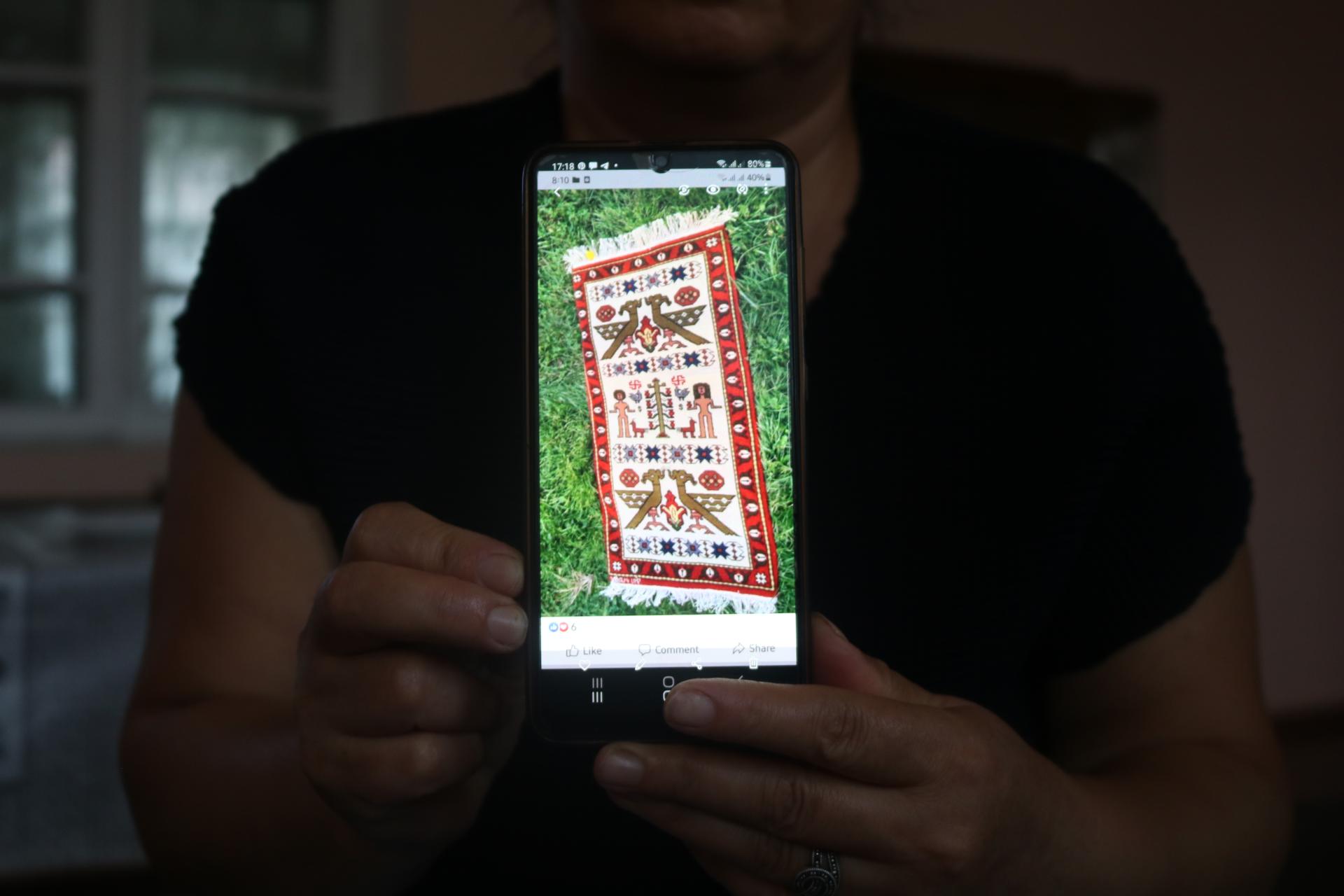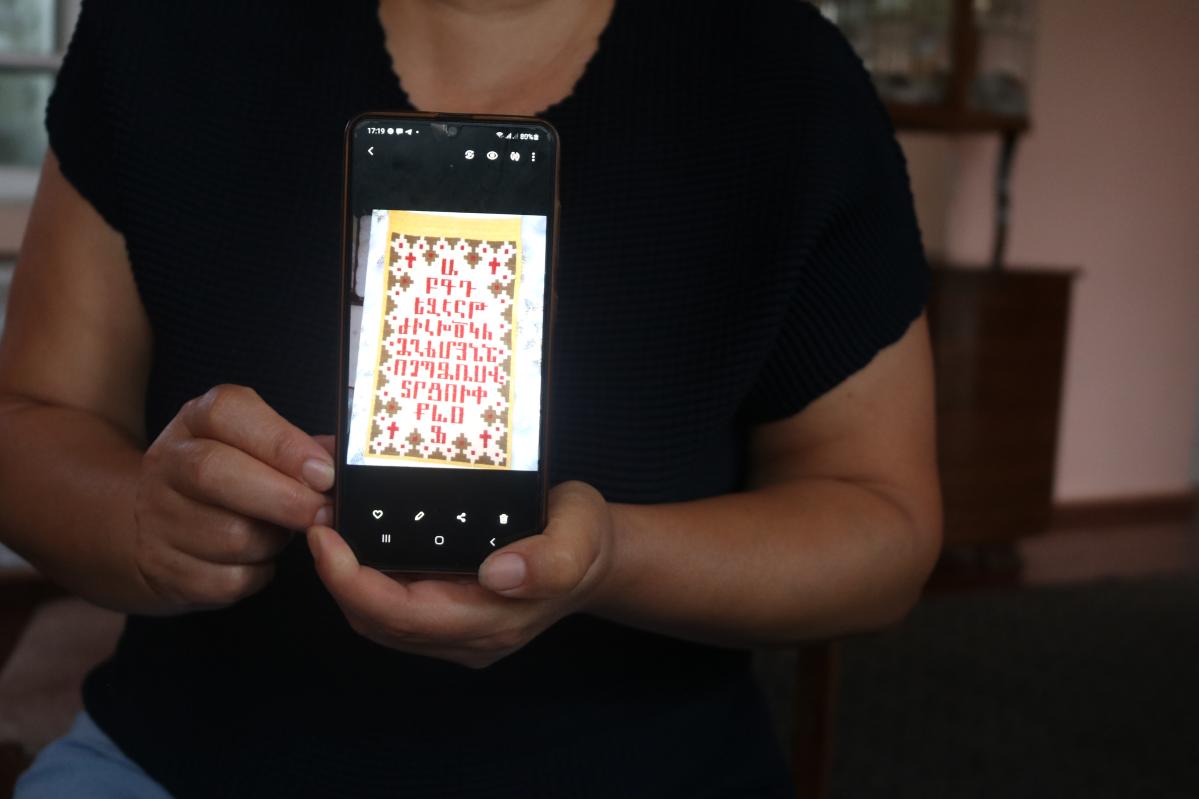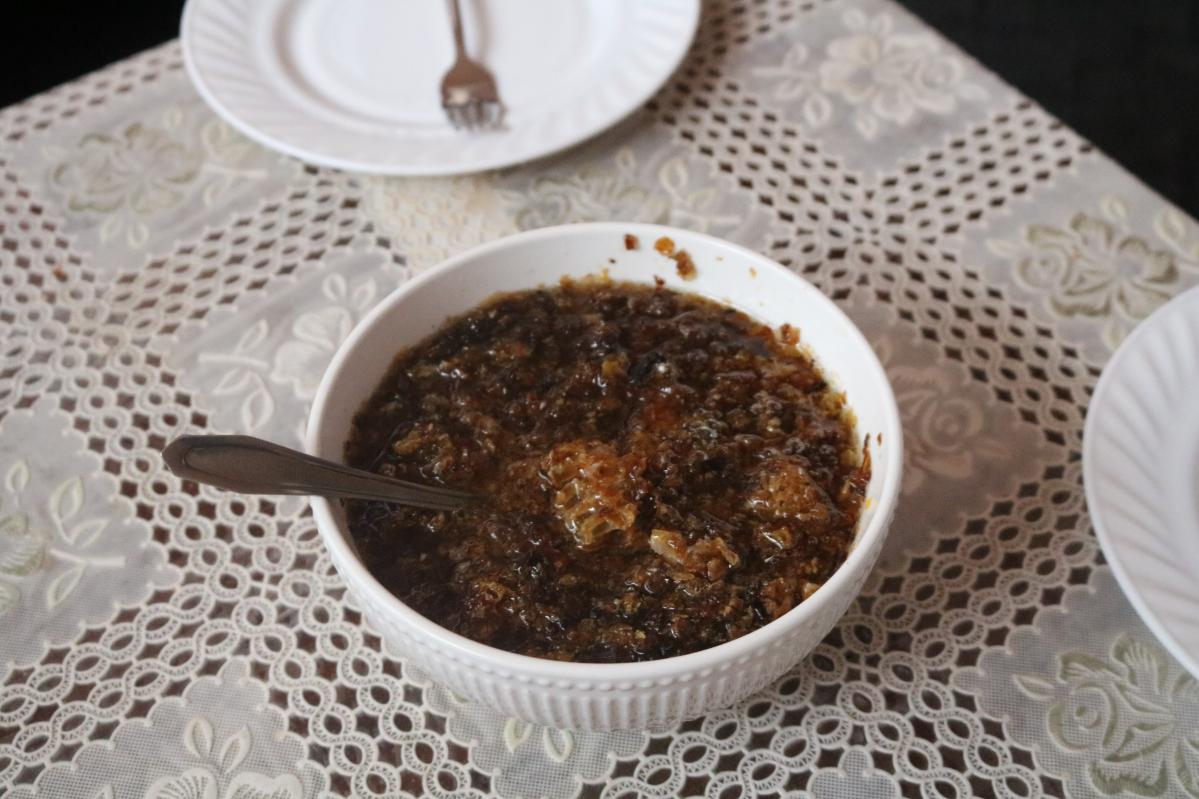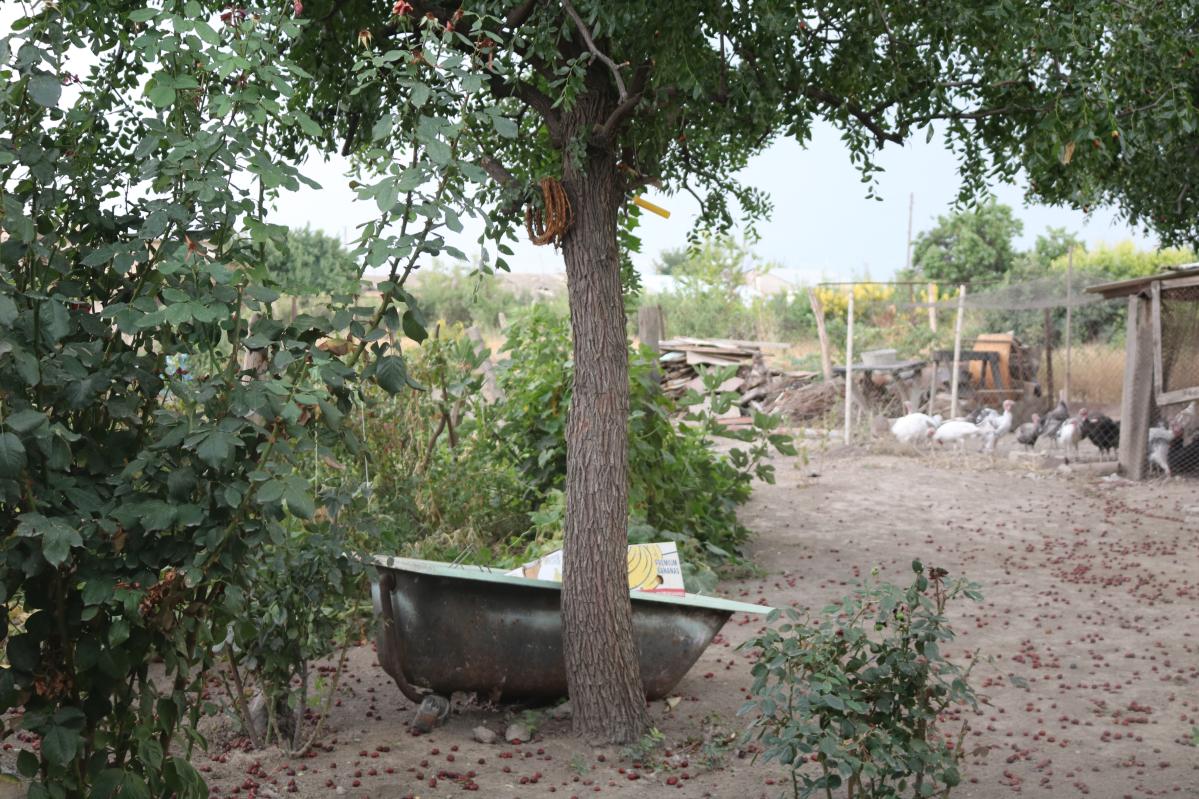

From Nagorno-Karabakh to Armenia: One family's journey to integration
- One year after Azerbaijan's military offensive in Nagorno-Karabakh, thousands of families are still struggling to rebuild their lives. This is the story of the journey of one family who, after fleeing their home, eventually found support through Action Against Hunger's "Adaptation and Integration" programme. Thanks to this programme, they have received vocational training and emotional support, which has enabled them to regain control of their lives.
On 19 September 2023, Azerbaijan launched a military offensive in Nagorno-Karabakh that triggered the mass exodus of more than 100,000 people. After months of blockade, the population had long been facing a humanitarian crisis when they were forced to leave their homes to seek refuge in Armenia. One year on, the process of integrating the displaced remains a daily struggle marked by pain and uncertainty.
Nazik, her daughter Lilit, 22, and her sister-in-law Gayane, are three such people. Originally from the village of Mets Tagher in Hadrut province, they lived a quiet life until violence forced them to flee. Before the conflict, Nazik worked as a carpet weaving teacher, Lilit studied design, and Gayane cared for her mother-in-law through her training as a nurse.
Forced exodus and loss
With the attacks last September, Nazik and her family fled their home with only the clothes on their backs. Within hours, they had to abandon everything they knew. The journey to Armenia was long and dangerous: three days of uncertainty and exhaustion, during which they faced the constant fear of being intercepted by Azerbaijani soldiers, who were seizing property and searching for men linked to military service. Nazik, her family and many others burned their personal documents to avoid being identified.
Tragedy struck them further just before they were due to set off on their journey. While queuing for fuel, Nazik's father and nephew were killed by a tanker explosion. To this day, the causes of the accident remain unknown, adding another layer of grief to the already overwhelming loss suffered by the families.
A new beginning full of uncertainty

Eventually, Nazik and her family managed to reach the Armenian province of Ararat, where they rented a house with the help of grants from the Armenian government. At first, 16 people, including themselves and other family members who had also fled Nagorno-Karabakh, shared a house, until gradually many found other accommodation.
The first months in Armenia were extremely difficult. The family felt uprooted, lost in an unfamiliar environment. The fact that their home village was destroyed after their departure further intensified the sense of loss. Nazik and Gayane are still struggling to adapt and, in addition to their new life, Nazik's husband and son are doing military service which adds more worry on their shoulders.
Transforming lives in the aftermath of the Nagorno-Karabakh crisis

Despite the bleak outlook, Nazik, Lilit and Gayane have found a crucial foothold in Action Against Hunger's integration programmes. Thanks to the "Adaptation and Integration" club, a programme that aims to provide training in professional and personal skills development, these three women have begun to regain some control over their lives.
The 'Adaptation and Integration' clubs, active in various regions of Armenia, not only provide practical tools to improve job opportunities but also offer a space for emotional support, allowing refugees to share their experiences and form solidarity networks. All three have developed strong bonds with other refugees, sharing their stories of loss and coping in what they describe as a 'collective therapy'.
Nazik, for example, used a grant provided by Action Against Hunger to restart her beekeeping business, an activity she already practised in Nagorno-Karabakh with her husband. With the funds received, she was able to buy the necessary equipment and resume honey production, which has been a source of income and, in a way, a common thread between their lives before and after seeking asylum in Armenia.
Gayane, for her part, found a new career opportunity in Armenia. Thanks to the club's training and support, she got an internship in a beauty salon, where she is learning microblading techniques, a trade that could lead to a new career.
Over the past year, Action Against Hunger has been a key pillar for families affected by the Nagorno-Karabakh crisis. The organisation has provided shelter, food and emotional support to those most in need. It has distributed some 6,000 multi-purpose cash transfers, enabling families to meet their basic needs as they see fit, and issued 9,000 supermarket vouchers to facilitate access to food and essential goods for refugees.
What does the future hold for them?

Despite progress, uncertainty persists. For many displaced families, including Nazik's immediate family, daily concerns remain overwhelming: how will they secure their livelihoods and when will they feel at home again, if at all possible, in a place so alien to what they knew?
Lilit, who has managed to graduate from a design school in Yerevan, is still looking for a job that will allow her to apply what she has learned, ideally in the field of carpet design, to follow in her mother's footsteps. Meanwhile, Nazik's youngest son attends a local school, working to adapt to the school routine after all he has been through this year.
One of Nazik's main concerns now is to find a stable job that will allow him not only to survive, but also to pick up some of what he left behind: her passion for teaching young people how to make carpets. In the meantime, he continues to work on her beekeeping and keeps in touch with friends and neighbours in Nagorno-Karabakh through social media, organising meetings when the opportunity arises.
Action Against Hunger has been working in Armenia since 1994 and has been providing humanitarian assistance in Armenia for refugees from Nagorno Karabakh since the renewal of the conflict in 2020, when it began providing food, health and medical supplies to those fleeing the conflict. These activities were expanded to include the establishment of safe spaces for children and families, as well as social protection and explosive ordnance awareness.
In addition to our interventions in the South Caucasus, Action Against Hunger has always remained vocal about the consequences of not addressing often neglected humanitarian crises as soon as possible.
